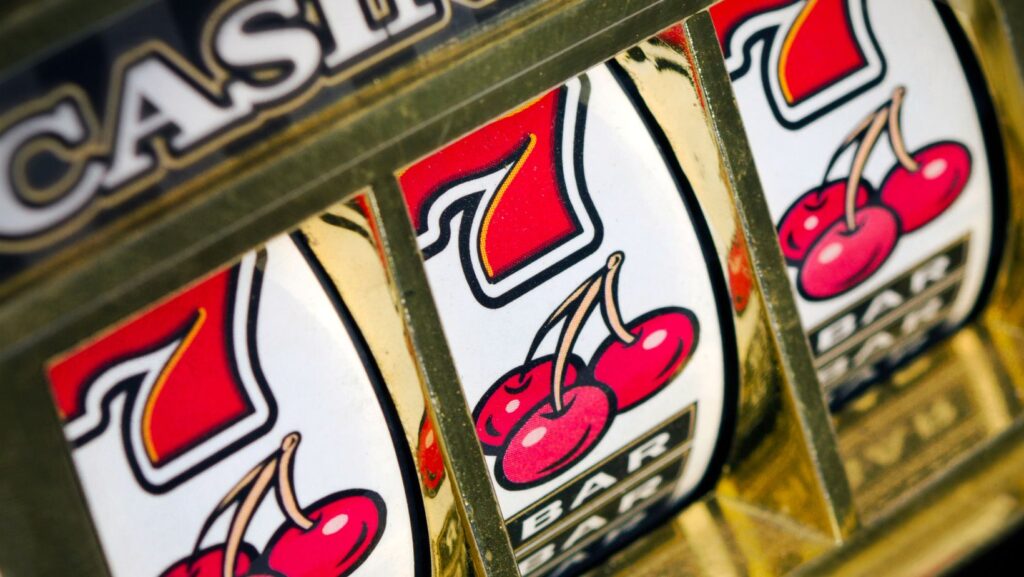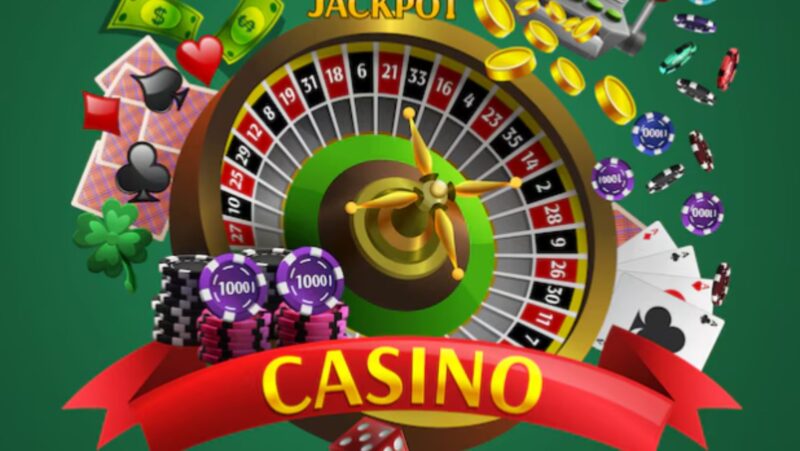
My phone used to buzz constantly with casino notifications. “Free spins waiting!” “Your lucky day starts now!” “Don’t miss tonight’s bonus!” I thought these alerts were helpful reminders about good deals. Turns out they were costing me thousands by triggering impulsive gambling sessions I never planned.
Responsible operators like Nine Win Casino understand notification abuse concerns and provide granular settings to control promotional alerts, but many sites flood users with manipulative notifications designed to create gambling urges at random moments throughout the day.
The Psychology Behind Gambling Notifications
Casino apps send notifications for one reason: to interrupt your day and make you gamble when you weren’t planning to. They’re not doing you favors—they’re using behavioral psychology to increase your lifetime losses.
I tracked my gambling sessions for three months and discovered a shocking pattern. 70% of my unplanned gambling happened within 30 minutes of receiving a casino notification. Those “lucky day” alerts weren’t predicting good fortune—they were creating expensive impulses.
The notification trap works like this:
- You’re having a normal day, not thinking about gambling
- Phone buzzes with “exclusive bonus” alert
- Your brain gets excited about potential winnings
- You open the app “just to check”
- Thirty minutes later, you’ve blown through $200
The worst part? I was getting 5-8 casino notifications daily across different apps. My phone was basically a gambling trigger machine.
Which Notifications Cost Me the Most Money
After analyzing my gambling logs, certain notification types were bankroll killers:
“Limited time bonus” alerts: These create artificial urgency. Got a “2-hour flash bonus” notification during a work meeting, snuck to the bathroom to claim it, and lost $300 trying to clear the wagering requirements. The bonus was worth maybe $20.
“You haven’t played today” reminders: Pure manipulation designed to make you feel like you’re missing out. These hit me hardest on weekends when I was actually having a good time doing other things.
Live game notifications: “Your favorite roulette table is hot!” These were the worst because they suggested games were somehow “due” to pay out. Total nonsense, but effective at getting me to open the app.
Deposit match offers: “Double your next deposit!” sounds great until you realize you weren’t planning to deposit anything. These notifications turned no-gambling days into expensive sessions.
The Settings That Actually Work
Here’s exactly how I configured my phone to stop gambling notifications from controlling my bankroll:
Turn off ALL promotional notifications: Go into each gambling app’s notification settings and disable everything except account security alerts. You don’t need to know about bonuses, promotions, or “lucky” opportunities.
Research operator legitimacy first: Before enabling any notifications, verify you’re dealing with licensed operators. Resources like Is Red Stag Casino Legal in Your State – US Gambling Laws Guid help you understand which sites operate legally in your area—only accept notifications from properly licensed casinos.
Disable banner notifications: Even if you keep some notifications on, turn off the banner display. Having gambling alerts pop up on your lock screen creates constant temptation.
Remove apps from your home screen: Move gambling apps into a folder buried on page 3 of your phone. The extra steps required to access them give you time to reconsider impulsive decisions.
Turn off email promotions: Unsubscribe from all casino marketing emails. Your inbox shouldn’t be a gambling trigger zone.
Use phone “Do Not Disturb” modes: Set specific hours when all non-essential notifications are blocked. I block everything from 6 PM to 10 AM—my most vulnerable times for impulsive gambling.
The Results: Real Money Saved
Three months after implementing these notification changes, my gambling patterns completely shifted:
- Unplanned gambling sessions dropped by 80%
- Average session losses decreased from $180 to $65
- Total monthly gambling expenses fell by $900
- Stopped checking gambling apps multiple times daily
Most importantly: I started gambling when I actually wanted to, not when my phone told me to. Gambling became entertainment again instead of a constant source of notifications and anxiety.
Additional Protection Strategies
Notification management works best combined with other boundaries:
Set deposit limits: Most legitimate sites let you set daily, weekly, or monthly deposit limits. Use them.
Schedule gambling time: Decide when you’ll gamble before you start, not during notification-triggered impulses.

Use app timers: Set daily time limits for gambling apps through your phone’s screen time controls.
Find notification-free alternatives: If you need gaming entertainment, consider single-player games that don’t send promotional alerts.
Why This Works When Other Methods Fail
Notification management succeeds because it addresses the root cause of impulsive gambling: external triggers that hijack your decision-making when you’re not prepared to resist.
Other methods like “willpower” or “just be more disciplined” fail because they rely on making good decisions in the moment of temptation. Notification controls prevent many tempting moments from happening in the first place.
My Current Setup
I still gamble occasionally, but now it’s planned and budgeted. My phone notifications are limited to:
- Security alerts only from gambling apps
- No promotional emails
- No social media notifications about gambling
- All casino apps moved off my home screen
Bottom Line
Your phone should serve you, not the gambling industry’s marketing departments. Those constant notifications aren’t helping you find good deals—they’re training your brain to associate random moments throughout your day with gambling urges.
Changing these settings takes five minutes but can save thousands in impulsive losses. The gambling will still be there when you actually want to play. You just won’t be manipulated into playing when you didn’t plan to.












